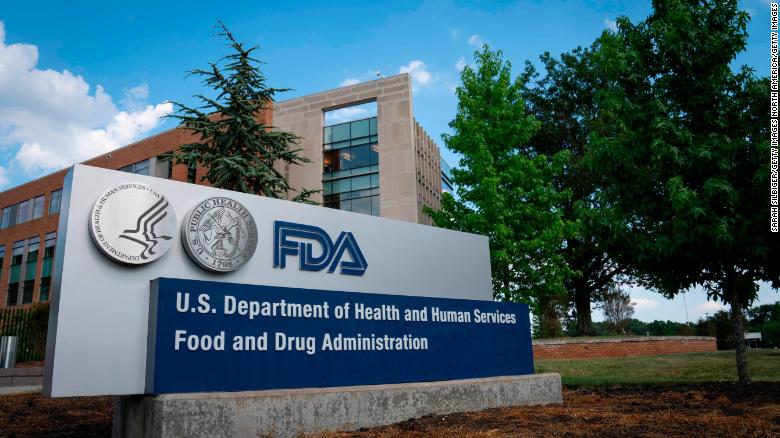
Nearly three months into Joe Biden’s presidency, and over a year into a global pandemic, the Food and Drug Administration (FDA) still does not have a new permanent commissioner—and President Biden feels no need to change that anytime soon. The agency has played a vital role in the pandemic since its tasks include regulating new drugs and approving the various coronavirus vaccines. Furthermore, the agency is still reeling from bitter opposition with former President Donald Trump, who weakened the FDA’s credibility in the wake of the coronavirus pandemic. The approval of a permanent commissioner would provide much needed guidance and stability to the agency in a period of uncertainty, yet President Biden has stalled his search.
The president’s hesitance comes as a surprise to those with knowledge of his background in the medical industry, specifically in regards to his well-known and continuous search for a cancer cure. Considering just how great his dedication to the industry is—he spent his last year as vice president leading the Obama White House’s Cancer Moonshot Initiative—many experts figured the choice for a new FDA commissioner would be an easy one for Biden, and that he would understand the need for the choice to be made swiftly. However, this has not been the case. Even in the wake of six former FDA commissioners urging Biden to make his choice, the agency is still being led by acting commissioner Janet Woodcock, a both greatly praised and greatly maligned decades-long veteran of the FDA.
Woodcock, the director of the FDA’s Center for Drug Evaluation and Research for more than two decades, was rumored to be Biden’s pick for the permanent position at the top of the FDA. However, she has come under fire for a past riddled with ties to the worsening of the opioid epidemic and the pharmaceutical industry. Under Woodcock’s tenure heading the center, a plethora of commonly abused prescription drugs, including OxyContin, were approved. Her history includes fighting for the approval of drugs for which there is hardly any evidence of effectiveness, and pushing the FDA to see the pharmaceutical industry as an ally, rather than an adversary. This ideology is concerning, considering the job of the FDA is to regulate the industry—not make friends.
Twenty-eight groups dedicated to fighting the opioid epidemic penned a letter to the Biden administration after Woodcock was named acting commissioner, urging him to name someone else due to her role in the approval of painkillers that have caused over half a million deaths. Beyond simple approval of the drugs, the groups also cited Woodcock’s failure to regulate opioid manufacturers’ blatant false claims, including lies about the potential for abuse in certain drugs. Even while American life expectancy declined at the hand of drug overdoses, the FDA and Woodcock kept allowing new opioids to enter the market. This fact is less surprising with the realization that seventy-five percent of the FDA’s budget for opioid approval comes from the very companies it is meant to be regulating. The real question is how this is allowed in the first place.
Although she is the face of this problem and guilty of acts that border on criminal, Woodcock is a symptom of a much larger, broken machine. We should not be asking ourselves if Woodcock deserves to head the FDA permanently; instead we should be asking why she was not removed from the agency decades ago. The FDA is widely understood, by not only experts but by the general public, to be corrupt, from losing millions of pieces of evidence to downplaying the risks of certain drugs. They consistently bow to the pharmaceutical industry, and the continuous trend of FDA officials leaving their posts to take up jobs in Big Pharma would be laughable, if it wasn’t terrifying. President Biden is contemplating whether to follow the advice of his fellow Democrats in Congress or the pharmaceutical industry; the former urges him against the nomination of Woodcock, while the latter urges him toward it. He should not listen to either. Who he should be listening to is the relatives of the hundreds of thousands people who have died as a result of the opioid epidemic. Who he should be listening to is the people who are going to be, and have been, affected by Woodcock’s past and future decisions, rather than vying for the approval of one overly powerful group or another.
The only legitimate option for a commissioner of the FDA is one from outside of the agency, whose hands are not dirty from years of participation in a corrupt, unjust system, and who can see that system for exactly what it is: criminal. Maybe President Biden knows this; maybe it’s why he has yet to name a permanent commissioner. However, the probability that he is shrinking under the combined pressures of both the Democratic party and the pharmaceutical industry seems a bit higher.


